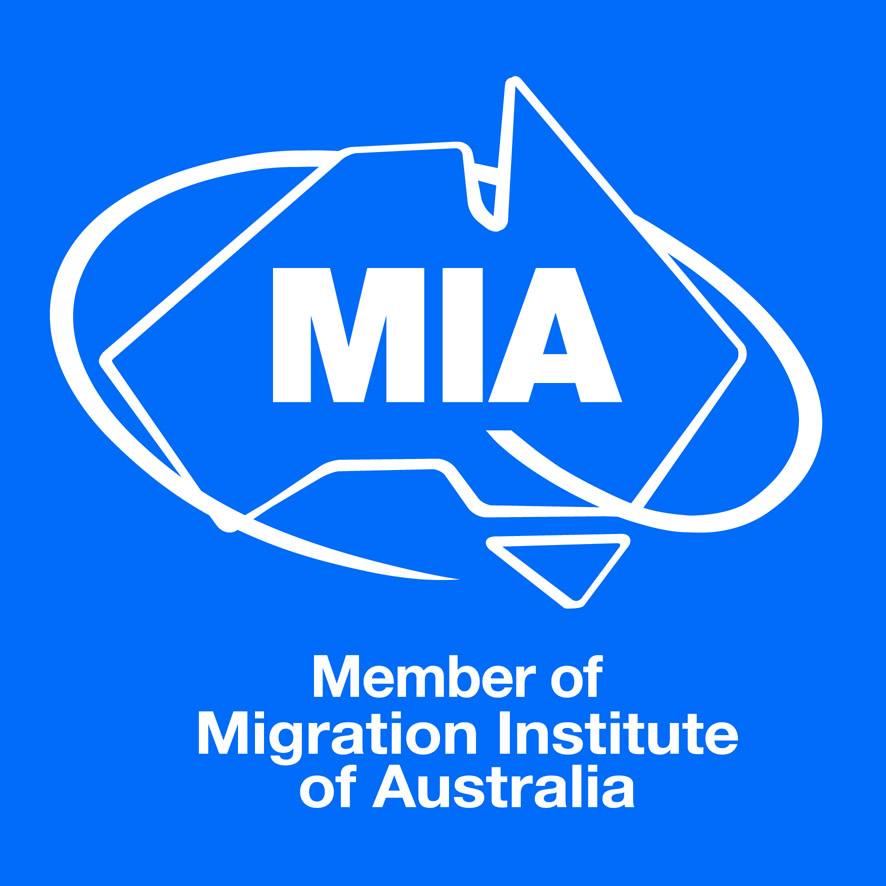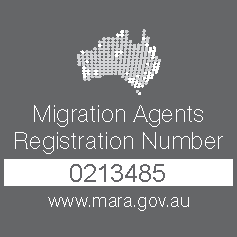In the blink of an eye another Covid-19 variant has reared its ugly head. Omicron, originally detected in South Africa has made its way to Australian shores with cases confirmed in Sydney so far. The emergence of Omicron comes after the federal government announced international borders would reopen. In the case of New South Wales and Victoria, 14-day quarantine was also abolished for fully vaccinated travellers. While the government has claimed it won’t close international borders again because of Omicron, it has reinstated some rules and regulations. And it’s got everyone wondering, what happens next?
What’s changed so far?
To contain this strain and its spread, non-Australian citizens and their dependants who have been in the nine affected African countries will not be allowed to enter Australia. Australian citizens and their dependents from those countries are required to go into immediate supervised quarantine for 14 days. International students and skilled migrants who have been in those African countries will also need to quarantine. Anyone who was in those countries in the past 14 days is required to immediately quarantine also.
While jumping on this quickly and placing restrictions on movement on anyone who has travelled from those nine African countries is a positive step there are other factors to take into consideration.
Clearly the world hasn’t seen the end of new Covid-19 strains. Whether its Delta, Omicron or whatever comes next, there will always be an impact. At the moment many around the country are waiting with bated breath to see what impact Omicron will have.
Understandably, residents in New South Wales and Victoria are fearful of being locked down again especially with Christmas around the corner. The other concern is whether domestic borders will be suddenly close causing issues for those wanting to get home or wanting to visit family and friends.
What about businesses?
All this uncertainty makes it hard for businesses especially those relying on skilled workers. How do businesses get their employees around? What happens if their employees are suddenly stuck in another state because domestic borders have abruptly been closed again? It seems every time there is the possibility of moving forward, a spanner is thrown in the works and pushing everything backwards.
Just last week, travel exemptions were abolished for certain visa subclasses which was a win for businesses relying on overseas skilled workers. It’s quite possible that these could be reinstated yet again. Unfortunately, the issues employers faced over the last 12 months may continue well into the future as the Covid-19 landscape continues to change.
As has been the case with anything Covid related, it’s hard for professionals such as migration agents to give definitive advice. We don’t know from one day to the next what will happen, what the impact will be on international travel or on the Skilled Migration Program. It looks like for the moment we’re all playing wait and see!
If you have any questions about changes to travel, visa processing or any other aspect of migration, contact the Visa Solutions team on 1800 828 008.
Travel Exemptions
While Australian borders are currently closed due to the COVID-19 pandemic, travel exemptions may apply under the following circumstances:
– A traveller has a compassionate or compelling reason to visit Australia
– Overseas workers holding a Subclass 482 or 400 visa are required to undertake a job in Australia that cannot be filled by a local employee
Visa Solutions Australia has been successful in acquiring a broad range of exemptions, from critical workers to those needing to travel on compassionate grounds.







